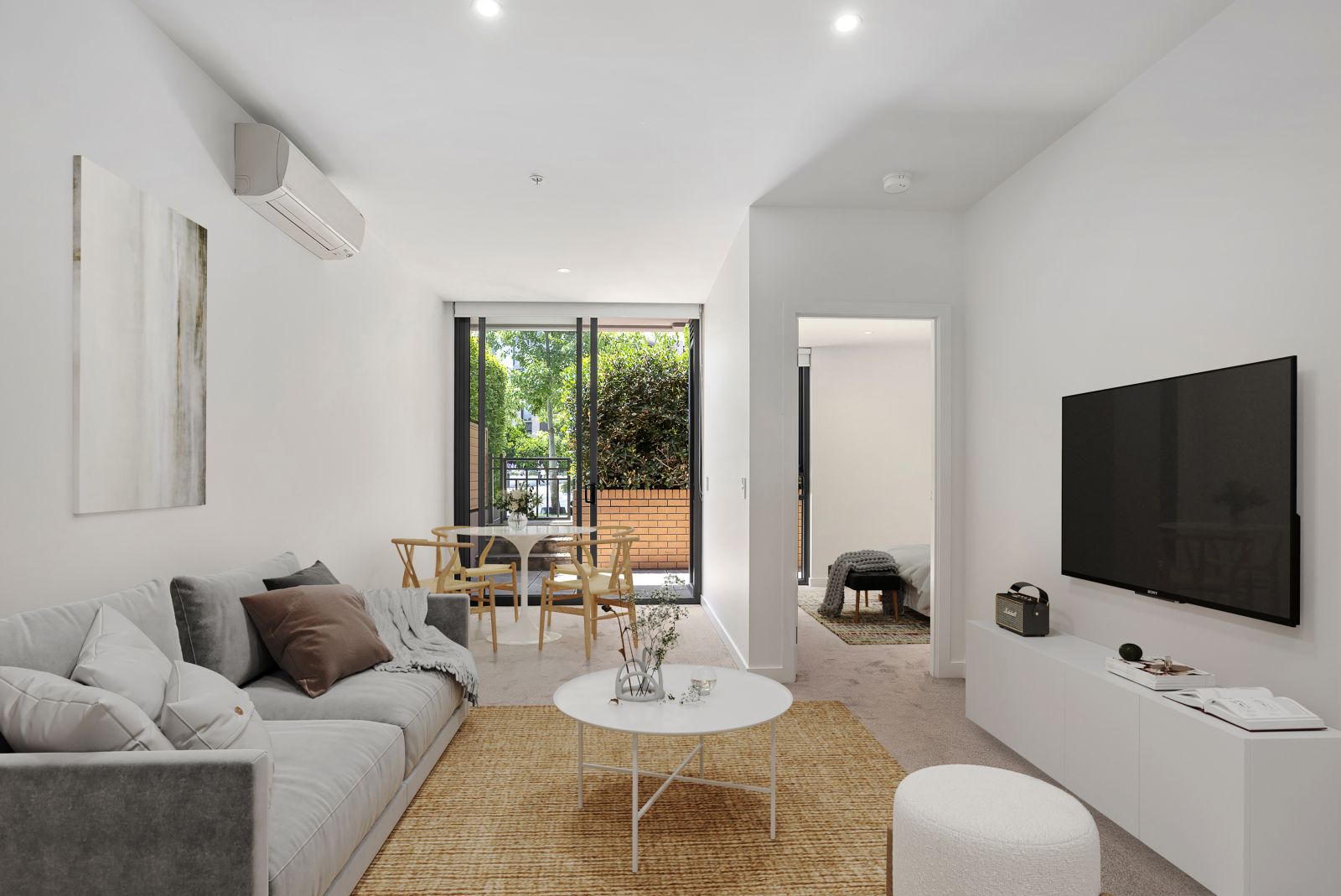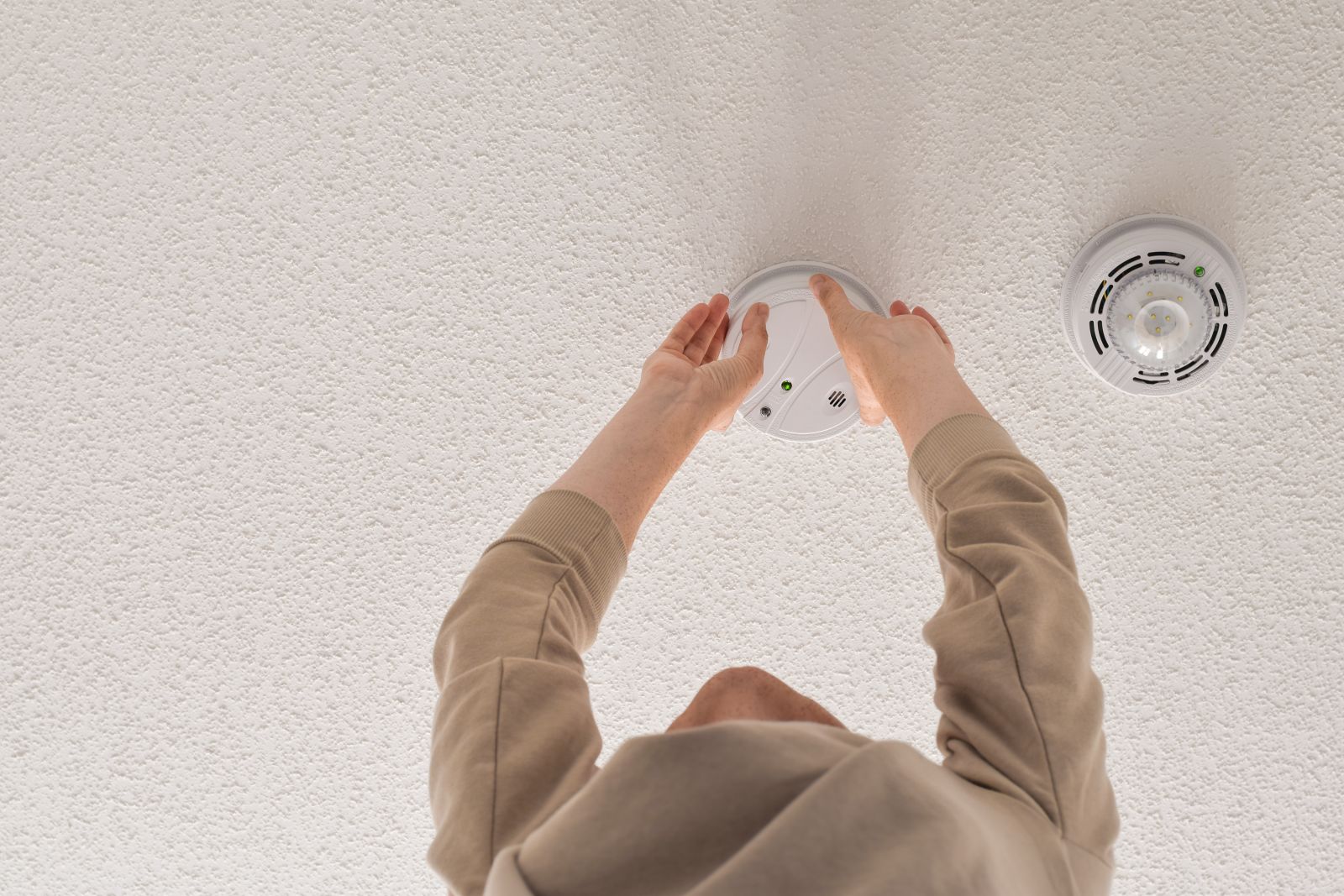Victoria’s new rental laws: 9 changes reshaping the rental market
If you’re a rental provider in Victoria, it’s time to get up to speed on the latest rental legislation changes. Because, like it or not, they’re already reshaping the way homes are leased, lived in and managed. And there’s more on the way with further changes rolling out between now and 2027. To help you understand what’s coming, we spoke with Anthony Lee and Jenny Caughey – Gary Peer’s Property Management Branch Managers. Let’s dive in.
CHANGE 1: Properties must meet minimum standards before advertising
A rental property must meet all minimum standards before it goes online. That includes everything from basic security features to securing functional bathroom amenities.
Previously, some work could be completed during the leasing process. But now, it all needs to be done before you publish your listing.
- Why the change was made: To give renters certainty and ensure every home is safe and move-in ready.
- What it means for rental providers: You’ll need to plan ahead. All updates, repairs and improvements must be completed before you can start advertising.
- What it means for renters: You can apply for homes with confidence, knowing that they’ll be 100% move-in ready.

CHANGE 2: No more ‘no reason’ evictions
The 90-day notice to vacate at the end of a fixed-term tenancy is being abolished
This option – previously used to end fixed-term agreements at the end of the first term – has been removed from the legislation. Moving forward, if you want your property vacated, it must be for a valid reason (like selling, moving in or undertaking significant renovations).
- Why the change was made: To strengthen renter security and end uncertainty around evictions.
- What it means for rental providers: You’ll now have less flexibility when you want to regain possession. So be clear and strategic about your long-term plans for the property from the outset.
- What this means for renters: You now have stronger protections around your rental security and longevity.

CHANGE 3: An extended notice period
Most notices – including rent increases and certain requests to vacate – will require a 90-day notice period. That’s a 50% jump from the current 60-day requirement.
While it gives everyone more breathing room, it also adds complexity to lease planning, rent increases and renewal cycles.
- Why the change was made: To give renters the time to plan, prepare and find alternative accommodation (should that be necessary).
- What it means for rental providers: Longer decision-making time frames. So, get your calendar out. Timing is everything.
- What it means for renters: More time to get your budget in order and find your next place.
CHANGE 4: What you list is what you get
The days of ‘rental bidding’ (that is, renters offering above the asking price to secure a property) are over.
Once a rental is advertised, the price is locked – and rental providers are legally required to stick to it. That also means no more ‘sweetening the deal’ with extra months of rent paid upfront.
- Why the change was made: To level the playing field for those applying for properties.
- What it means for rental providers: Set your price carefully. You can’t accept favourable terms or anything above the advertised price.
- What it means for renters: No more being priced out mid-application. Everyone’s assessed fairly.

CHANGE 5: Standardised applications and stricter data privacy
Rental application forms are now standardised across the board, making life easier for people applying at multiple agencies.
Just as importantly, unsuccessful applications must be deleted to ensure renters aren’t left wondering who’s still holding onto their ID and income details months later.
This one isn’t a major shake-up for experienced agencies like ours, as we’ve always followed standard practice.
- Why the change was made: To protect renter privacy and make applications simpler and more transparent.
- What this means for rental providers: You can rest easy knowing your agency is following best practice.
- What this means for renters: A smoother application process, and better protection of your personal data.
CHANGE 6: Annual smoke alarm checks
No matter when the lease began, every rental property must now have its smoke alarms checked every 12 months.
No ifs, buts or maybes.
- Why the change was made: To make safety consistent across all rental properties.
- What it means for rental providers: Annual checks are now non-negotiable – and best handled by a professional service.
- What it means for renters: Peace of mind knowing your smoke alarms are tested every year.

CHANGE 7: Licensing and training for all agents
Every property manager in Victoria must be individually registered, licensed and actively completing CPD (continuing professional development) training each year.
It’s a big step up for the industry – and one we fully support. Agencies (like ours) that already invest in upskilling their teams will take this in stride, while others will need to lift their game.
- Why the change was made: To raise professional standards and ensure agents stay up to date with the law.
- What it means for rental providers: You’ll be dealing with professionals who know the legislation – not learning it on the fly.
- What it means for renters: Enjoy more consistent service and better-informed agents across the board.
CHANGE 8: A new dispute resolution body
Introducing Rental Dispute Resolution Victoria – a new body set up to handle common issues between renters and rental providers before they escalate to VCAT.
It’s designed to ease the pressure on the tribunal system and offer faster, less formal pathways to resolution. Think of it as an early warning system for misunderstandings – and a good reason to resolve things early.
- Why the change was made: To relieve pressure on VCAT and resolve issues faster and more fairly.
- What it means for rental providers: You’ll have more chances to resolve matters early without jumping straight into a tribunal hearing.
- What it means for renters: Expect quicker support when things go awry.

CHANGE 9: Energy efficiency and safety upgrades are coming
Between now and 2027, a new wave of energy efficiency standards will be introduced, including:
- Mandatory ceiling insulation
- 4-star water-saving shower heads
- Draught proofing in the main living area (sealing doors and windows to stop air escaping)
- Reverse-cycle cooling systems in the main living area
There’s also a shift away from gas appliances (including hot water systems), which will need to be replaced with electric alternatives at the end of their life.
Some changes – like the requirements for anchored blind cords – kick in as early as 1 December 2025. Others phase in over the next couple of years. But all roads lead to a more sustainable and safe future.
- Why the change was made: To make rental homes safer, greener and more affordable to live in.
- What this means for rental providers: Don’t wait. Start budgeting and upgrading now to avoid a costly scramble later.
- What this means for renters: Expect homes that are more secure, cheaper to run and more comfortable year-round.

Want to know if your property is up to standard – or what’s coming next?